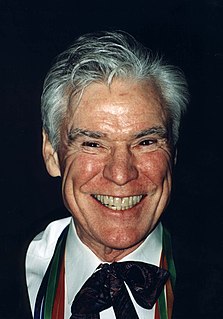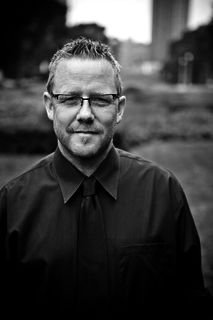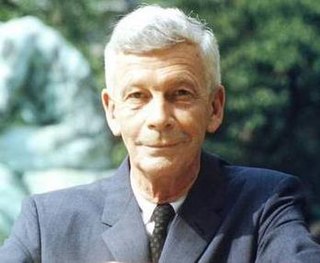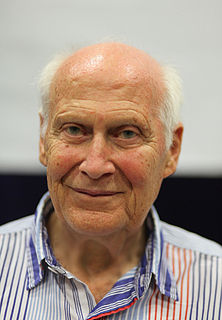A Quote by Greig Fraser
Despite what everyone thinks about science fiction, ultimately, at its best, it's about human beings with human emotions.
Related Quotes
I never dreamed I would be a Goodwill Ambassador, and for UNESCO. Perfect organization. It is apolitical and it's about education, science and culture. I mean that is what I live. That is what UNESCO is really about; it's all about bringing human beings together with one common goal, which is to move human kind forward.
We need a sense of the oneness of the 7 billion human beings alive today. When I meet people, I don't think about being different from them, about being Tibetan, Buddhist or even the Dalai Lama. I only think about being a human being. We all share the potential for positive and negative emotions, yet one of our special qualities is our human mind, our intelligence. If we use it well we'll be successful and happy.
I feel very strongly that history is about everything. It isn't just about politics or the military or social issues. If art, music, engineering, science, medicine, finance, the world of architecture and technology - if those are left out, then you're not getting a full sense of the human condition. History is human and we human beings are involved in all kinds of things and that's part of our humanity.
And people who believe in God think God has put human beings on earth because they think human beings are the best animal, but human beings are just an animal and they will evolve into another animal, and that animal will be cleverer and it will put human beings into a zoo, like we put chimpanzees and gorillas into a zoo. Or human beings will all catch a disease and die out or they will make too much pollution and kill themselves, and then there will only be insects in the world and they will be the best animal.
One of the dangers of science fiction, particularly bad science fiction, is that you have these scenes where the characters turn to a blackboard and start explaining how this faster-than-light drive works, or something like that. We never really have those conversations in real life. That's not part of the way we interact as human beings.
In the beginning, I want to say something about human greatness. Some time ago, I was reading texts of Kungtse. When I read these texts, I understood something about human greatness. What I understood from his writings was: What is greatest in human beings is what makes them equal to everybody else. Everything else that deviates higher or lower from what is common to all human beings makes us less. If we know this, we can develop a deep respect for every human being.
As a result of reading science fiction when I was eight, I grew up with an interest in music, architecture, city planning, transportation, politics, ethics, aesthetics on any level, art...it's just total! It's a complete commitment to the whole human race on all the Earth. That's what science fiction is about.






































